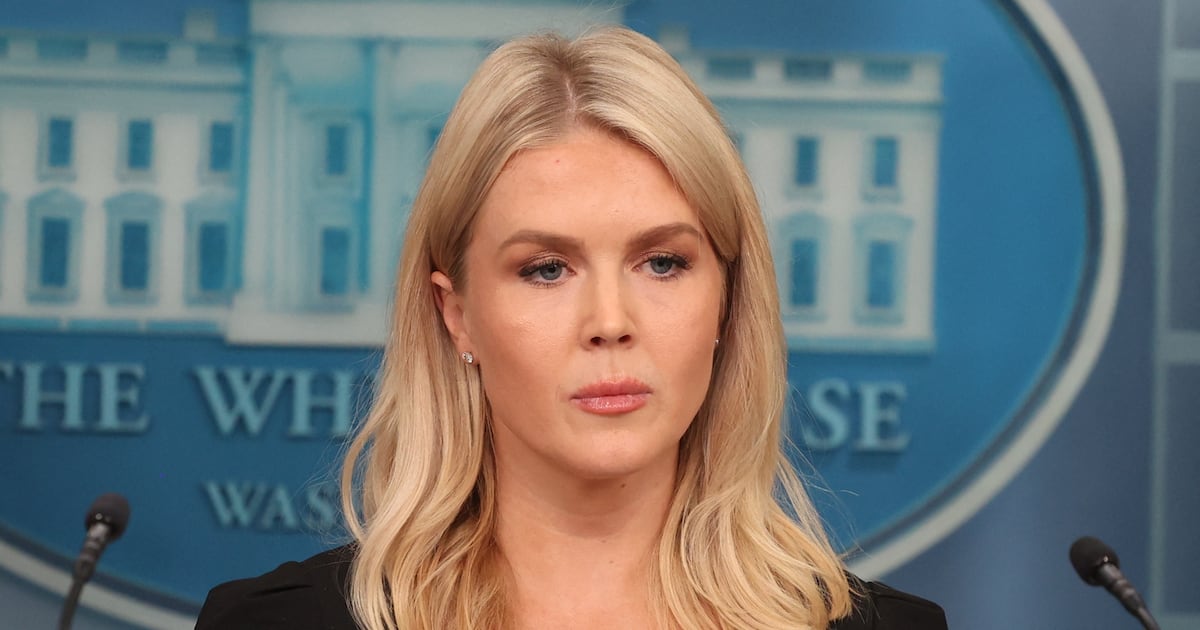
Bibi Netanyahu’s speech on Sunday threw cold water on pro-peace forces in Israel, the Palestinian territories and the world, just as the stolen elections in Iran, which reinstalled Mahmoud Ahmadinejad as president, shattered the hopes of the pro-reform majority in Iran and supporters of democracy throughout the world.
President Obama, however, tried to put a brave face on the bad news emerging from the Middle East in the last two days: He held back from condemning the obvious election fraud in Iran, (though he did not recognize the outcome of the vote or congratulate the reinstalled president), and tried to showcase Bibi’s conditional acceptance of a Palestinian state as a rather positive early move in a protracted chess game.
As it stands, Bibi faces the dilemma of having to appease his right-wing coalition and in the process risk being isolated by the world and alienated from Washington, or appeasing Washington and the world and losing his coalition and possibly his job.
But there is no escaping the fact that the Israeli prime minister, by rejecting a total freeze on all settlement activity in the occupied Palestinian territories as Obama demanded, and only accepting the idea of a Palestinian state provided it did not include occupied East Jerusalem and big chunks of the occupied West Bank now taken over by Jewish settlers, placed Washington and Tel Aviv on a collision course, or, at least, a long stalemate in efforts to revive the peace process.
On the eve of the Netanyahu speech, Israeli journalist Gideon Levy wrote in the English-language Haaretz newspaper that this could be “the speech of our lives… this is the moment to speak simple, painful truths: The Israeli occupation will soon end. The settlements will be dismantled and two states for two peoples will arise. Nineteen words that will say everything. Nineteen words that will open a huge gate for Israel. Open that gate for us, Netanyahu!”
But Bibi did not oblige: East Jerusalem will remain part of the undivided eternal capital of the state of Israel. No dismantling of settlements in the occupied territories, and no Palestinian refugees will be allowed to return to their homes from which they were evicted in the1948 war.
As it stands, Bibi faces the dilemma of having to appease his right-wing coalition and in the process risk being isolated by the world and alienated from Washington, or appeasing Washington and the world and losing his coalition and possibly his job.
Obama, ironically, now has to contend with two hardline and intransigent Middle East players who were recently elected: One is a leader of America’s No. 1 ally in the region, and another who calls America the “Great Satan.”
Salameh Nematt is the international editor of The Daily Beast. He is the former Washington bureau chief for the international Arab daily Al Hayat, where he reported on U.S. foreign policy, the war in Iraq, and the U.S. drive for democratization in the broader Middle East. He has also written extensively on regional and global energy issues and their political implications.






